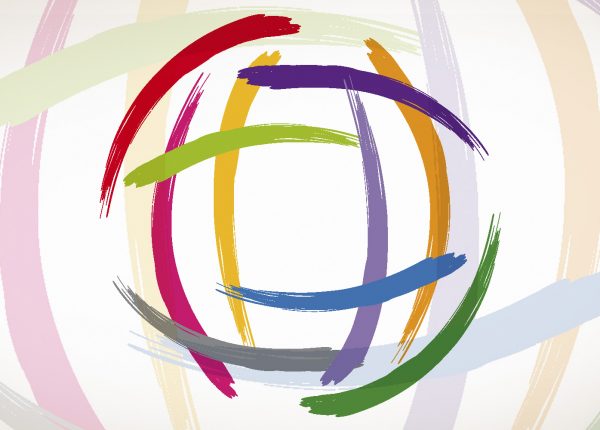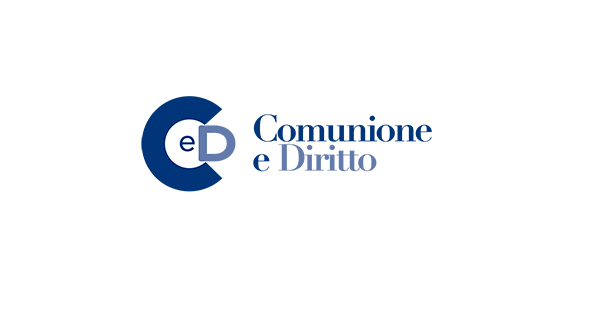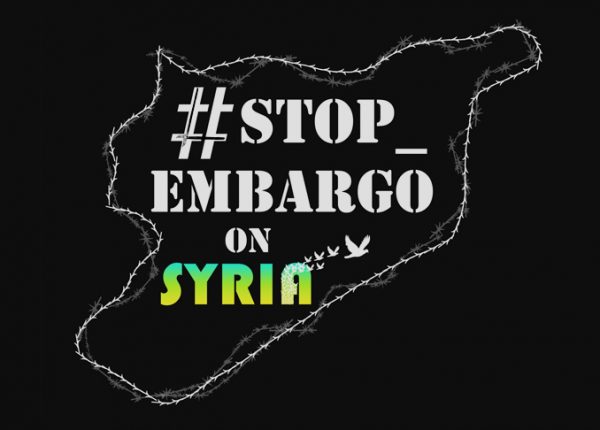
Watch
Listening to native voices to save the planet
By Alberto Barlocci – Città nuova
370 million descendents of indigenous peoples dwell in around 90 different countries. They have much to say about how to save fire-threatened forests. And they are notably at risk from the coronavirus.
If you’ve been following the Canadian television series Anne with an ‘E’ on Netflix, you’ll recall the episodes in which the exuberant protagonist encounters a girl from a nearby First Nation village, considered “savages” by their much more recently settled neighbors. Untouched by such prejudices, Anne makes friends with the girl, who is later sent to a Catholic institution to be “civilized”. This storyline refers to a Canadian government program in the late 19th century, following the colonial mentality of that period which considered native peoples as inferior. Such programs aimed to obliterate ancestral customs and practices, to “kill the savage” in order to “bring the Christian to life”. A similar program was introduced in Australia, as seen in the film of that name (directed by Baz Luhrmann starring Nicole Kidman and Hugh Jackman). In 2008 the governments of both countries apologized for their errors and the abuse of their respective indigenous populations.
The meeting, often the clash, between western Christian culture and native cultures, not only in the Americas, has passed through numerous ambivalent perspectives. Far-sighted and open-minded figures find ways of harmonizing the visions, just as closed-minds have proved incapable of promoting authentic evangelical inculturation.
It’s still happening today. It is certainly no easy task to free ourselves from centuries of preconceived ideas and prejudices, and to shake off the ghetto mentality which we are often locked into. Recently I met members of a cooperative in Santa Maria di Catamarca, in the north west Andies region of Argentina. They have struggled to rediscover their ancestral practices and customs, part of their cultural patrimony, such as carding wool, wearing particular garments, even producing certain foods which the missionaries had taught them to despise as “Indios stuff”.
The road towards harmonizing cultural co-existence between indigenous populations and so-called “civilized” societies still has a long way to go. This is emphasized in the recent letter addressed to world leaders at the 75th General Assembly of the United Nations by COICA (Coordinator of Indigenous Organizations of the Amazon River Basin), which represents around 3 million indigenous persons belonging to more than 500 peoples in the Amazon region. Once more, the arrogance, absence or complicity of political powers, together with negligence and ignorance, are causing carnage among the original inhabitants of the forests. In Amazonia too, we can’t breathe, is the title of the document.
According to COICA, be it the fires destroying the lungs of the world or the virus devastating human lungs, these peoples are under attack. They themselves are committed to do “all that is possible contemporaneously to contain the progress of the fires, the virus and of the invasions: an unequal battle for survival and guaranteeing the survival of all humanity”. COICA asks the heads of state and governments to commit to “sustainable practices in the use of natural resources”. A clear message: “There will be no other way for our economies to recover if we do not take the recovery of our natural ecosystems seriously”. The indigenous peoples are demanding for at least 80% of the Amazonian forest to remain intact, and to spend the next ten years replanting deforested territory.
Recently, experts from several different Latin American countries contributed to an online seminar promoted by La Rioja International University of Spain, focussing on the situation of the 370 million members of indigenous communities in 90 countries around the world. What emerged was the extreme vulnerability of these communities to the effects of coronavirus, and the all-too-slow progress of efforts to achieve legal measures guaranteeing the rights of these peoples. Often discrimination can start by rendering a social entity invisible. For example in Chile, where 9% of the population is of indigenous origins, ethnic diversity is completely absent from the text of the constitution. It is not surprising, perhaps, that there are calls to re-write this constitution.
The wisdom contained within these cultures must be retrieved if we are to hope for a new equilibrium with our ecosystems. They have a lot to teach the rest of us. For many years now, in the east Argentinian Province of Santa Fe, there has been a serious problem in the drinking water from a river affected by naturally occurring poisonous substances. The authorities were about to launch a major intervention project, involving the construction of substantial water-treatment plants. Providentially, some experts insisted on seeking the advice of the local indigenous community before starting work. The indigenous residents showed them something they had learned from their forefathers: specific species of trees, if planted along the riverbanks, have the natural capacity to neutralize the poisons. Problem solved! Respect for the ecosystem observed. Costly and unnecessary infrastructure avoided. And above all, everyone could appreciate the richness and value of a culture that has always been present in the region.
Source:







